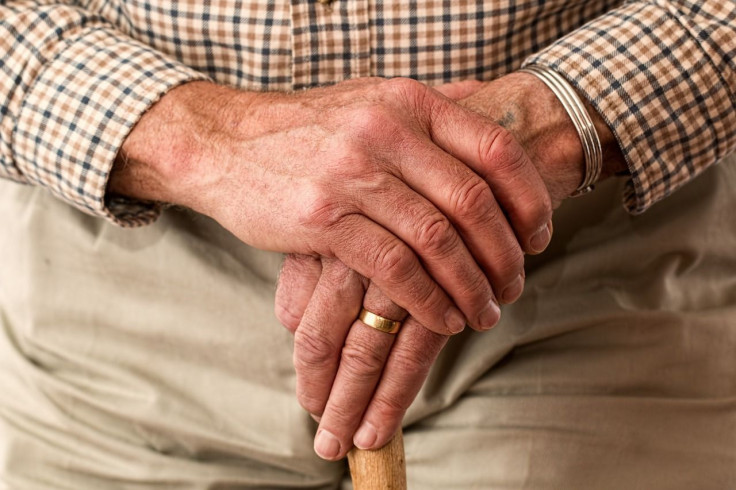Weight Loss Is Not A Good Sign Among Older Adults: Here's Why

Weight loss is a reason to celebrate for most people. But not for older adults. A study recently found that it could be a sign of an increased risk of death among the elderly.
Published in the journal JAMA Network Open on Monday, the study evaluated the associations of change in body size with all-cause and cause-specific mortality among healthy older adults.
The research team wanted to determine if a change in body size could mean a higher mortality risk among healthy older adults. They conducted a cohort involving 16,523 community-dwelling participants in Australia and 2,411 participants in the U.S. A total of 1,256 participants died in the course of the study.
The Australian participants were aged 70 and above, while the Americans were aged 65 and older. All had no evident cardiovascular disease, dementia, physical disability, or any type of life-limiting chronic illnesses at the start of the study in 2010. A follow-up was made four years later.
Body weight and waist circumference were measured during the visits. Analysis models were adjusted for baseline body mass index since the researchers measured the height and weight at baseline. Changes were noted and categorized as stable at 5%, a decrease by 5% to 10%, a decrease by more than 10%, an increase by 5% to 10% and an increase by more than 10%.
After analyzing all of the data between April and September 2022, the team found that in men, a loss of 5% to 10% of body weight meant a 33% increase in mortality, while a loss of more than 10% body weight translated to a 289% increase in mortality.
Among elderly women, a 5% to 10% loss of body weight signified a 26% increase in mortality. On the other hand, a loss of more than 10% of body weight was associated with a 114% mortality increase.
"This study suggests that weight loss was associated with an increase in mortality, particularly among men, highlighting the need to monitor and investigate weight loss in older adults," the authors wrote.
Lead study author Dr. Monira Hussain, a clinical epidemiologist and senior research fellow in public health and preventative medicine at Monash University in Melbourne, Australia, told CNN that even a 5% weight loss could already signify an increase in the risk of death, especially in older men.
She added that they did not find evidence pointing to increased mortality risk when healthy older people gain weight. The findings also do not apply to people medically classified as overweight or obese because they already have a higher mortality risk based on their weight.
Hussain also acknowledged some of the limitations of their study. For one thing, they were not able to determine if the participants lost weight intentionally or unintentionally in the course of their research.
Perri Halperin, the clinical nutrition director for the Mount Sinai Health System, who was not involved in the study, also pointed out to CNN that correlation and causation are two different things. While the team managed to correlate weight loss and mortality among older people, there was no data to claim that weight loss could lead to death in the age group.




























